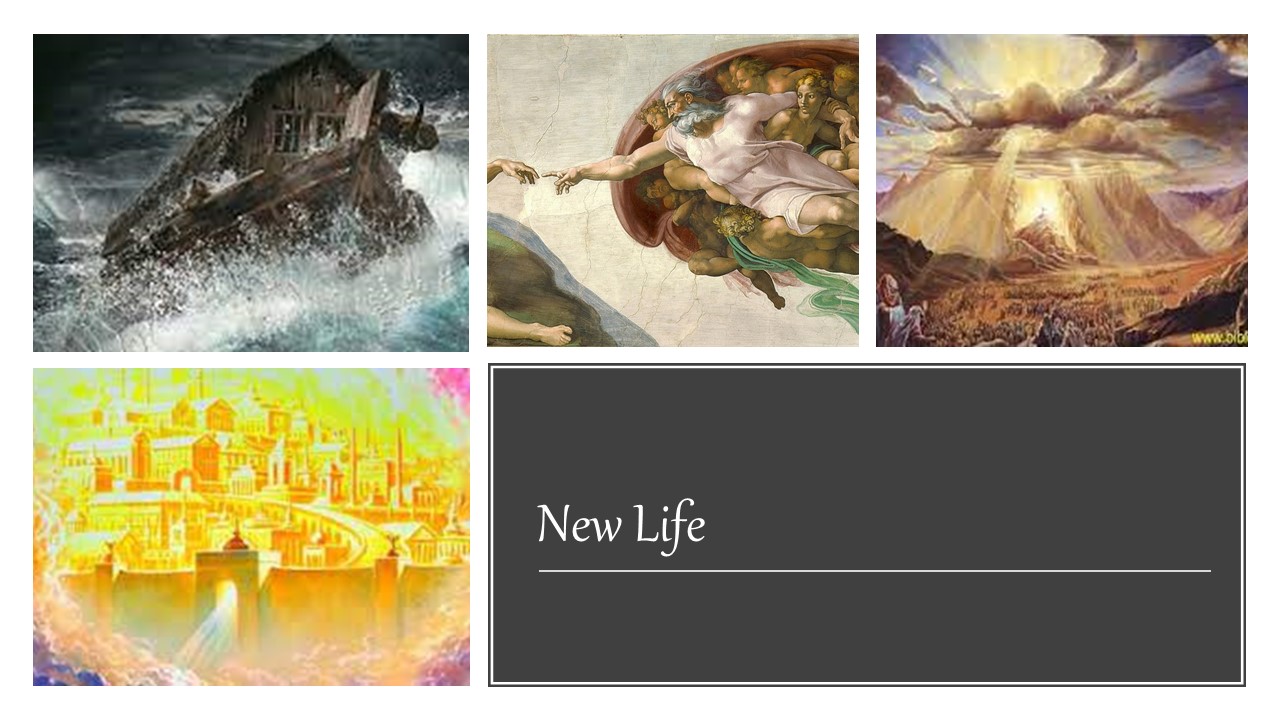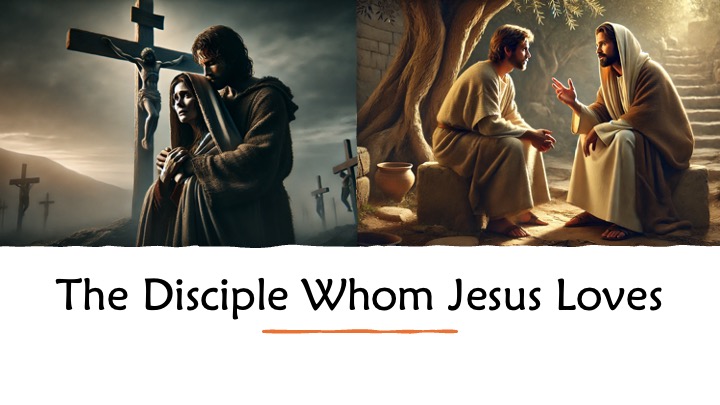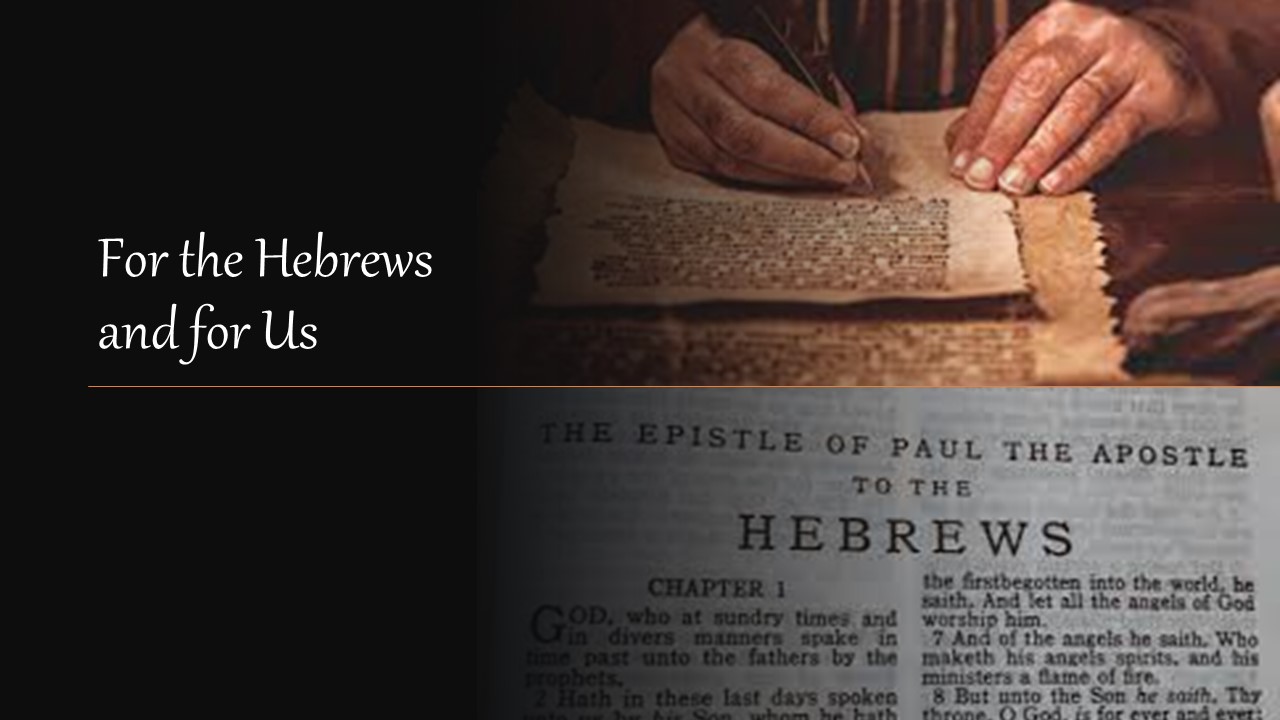The Parable of the Two Debtors, set within a tension-filled dinner party at the home of Simon the Pharisee (Luke 7), serves as a powerful reframing of the nature of sin, righteousness, and love. The scene is ignited when a "sinful woman" publicly and extravagantly anoints Jesus' feet, prompting Simon to silently condemn Jesus for allowing such an "unclean" touch. Jesus immediately responds with the parable of a moneylender who forgives one massive debt (500 denarii) and one small debt (50 denarii). By asking Simon which debtor would love the moneylender more, Jesus draws out the correct answer—the one forgiven the greater amount. This short exchange skillfully shifts the focus from the woman’s public sin to Simon’s hidden pride; both the self-righteous Pharisee and the scandalous woman are spiritually bankrupt debtors, but only the woman recognizes the impossibility of her debt and responds with overwhelming gratitude.
This profound teaching reveals the core of Jesus’ ministry and character, overturning all worldly metrics of worthiness and status. Jesus’s consistent willingness to associate with outcasts and sinners, and His elevation of the woman as a model of love and faith, demonstrates that worthiness in His kingdom is not determined by religious performance, reputation, or adherence to the Law, but by humility and repentance. Jesus avoids shaming the woman while simultaneously confronting Simon's complacency and lack of hospitality, showing that divine grace is not sentimental; it is truthful. It exposes sin in order to offer forgiveness. By linking forgiveness and love—stating that "whoever has been forgiven little… loves little"—Jesus makes clear that His purpose is to create disciples who are motivated not by fearful duty, but by extravagant love born of immense gratitude for salvation freely received.
Ultimately, the Parable of the Two Debtors demands that every listener recognize their own spiritual bankruptcy and embrace a life defined by grace and accountability. We are all debtors who cannot pay, and the more we understand the magnitude of the debt Jesus has canceled through His sacrifice, the greater our love and worship should become. The parable compels believers to extend that same grace to others, using the forgiveness they have received as the foundation for a life of extravagant love, service, and generosity. This is Jesus’s call to create a community—a church—where all members see themselves equally as forgiven debtors, replacing self-righteousness and judgment with the empathy and compassion that flows directly from His unmerited grace.

The Bible is full of stories about new beginnings and verses about starting new. God knows that living under the curse of a fallen...

In Part 9 of The Disciple Whom Jesus Loves, the scene shifts back to Jerusalem, where Jesus visits the Pool of Bethesda—a place crowded...

We kick off our study of the book of Hebrews by exploring questions about the author and the audience for this epistle. We then...